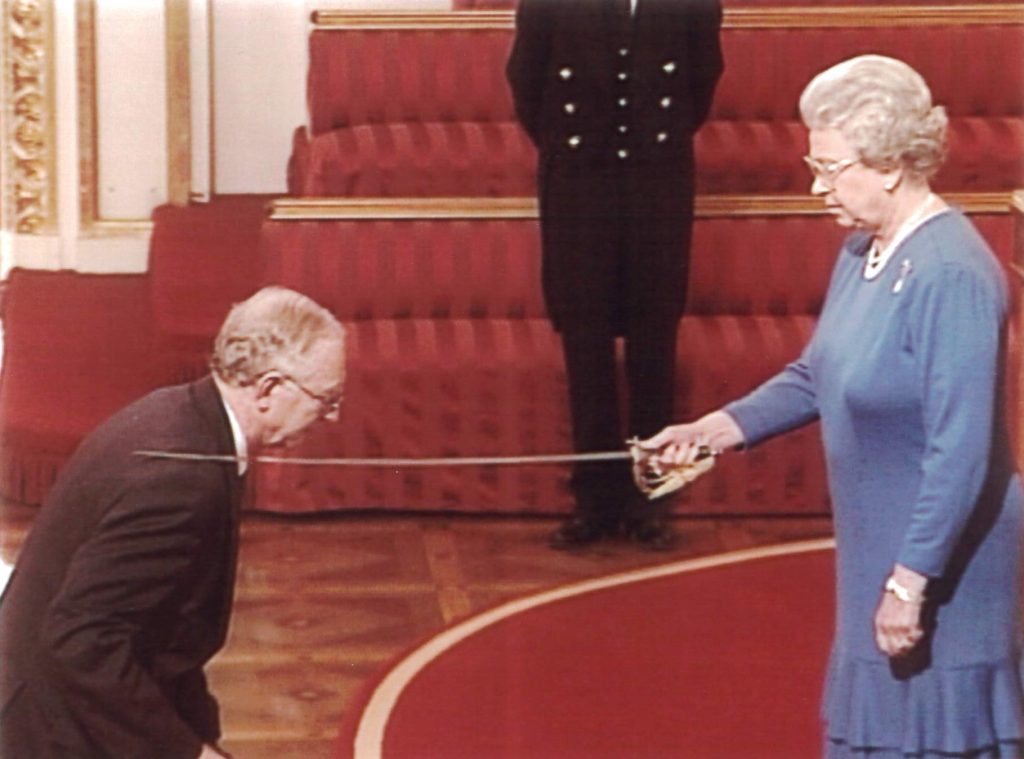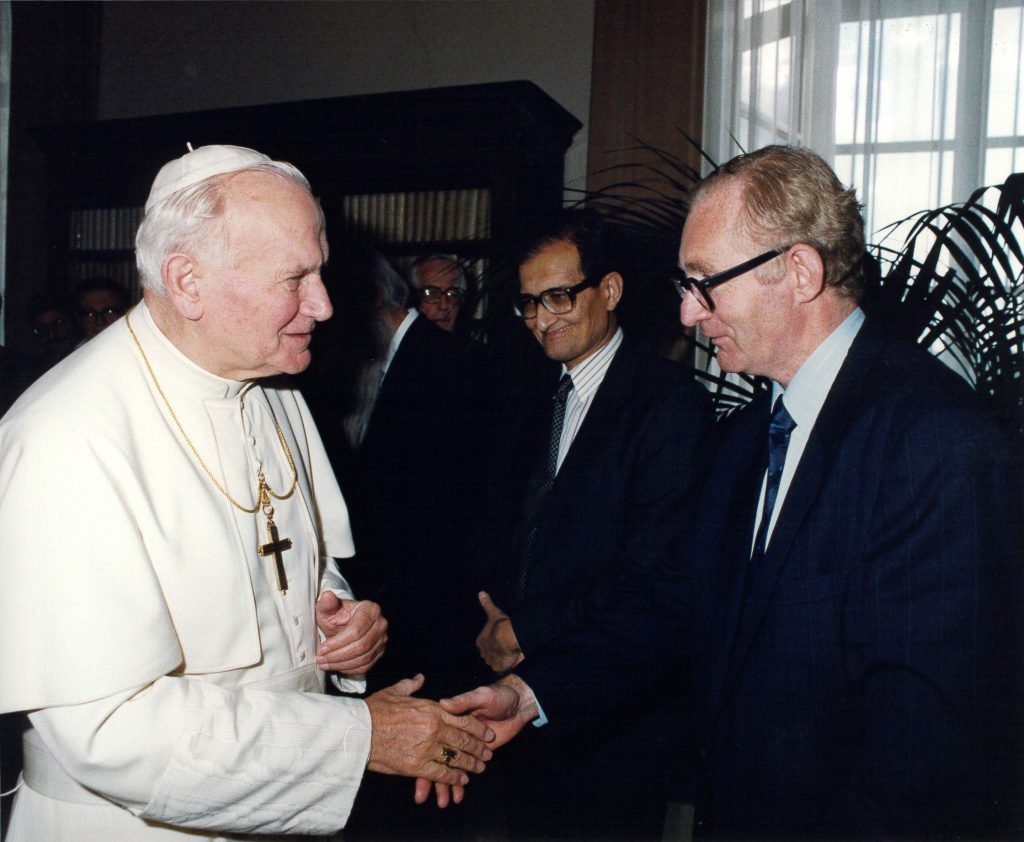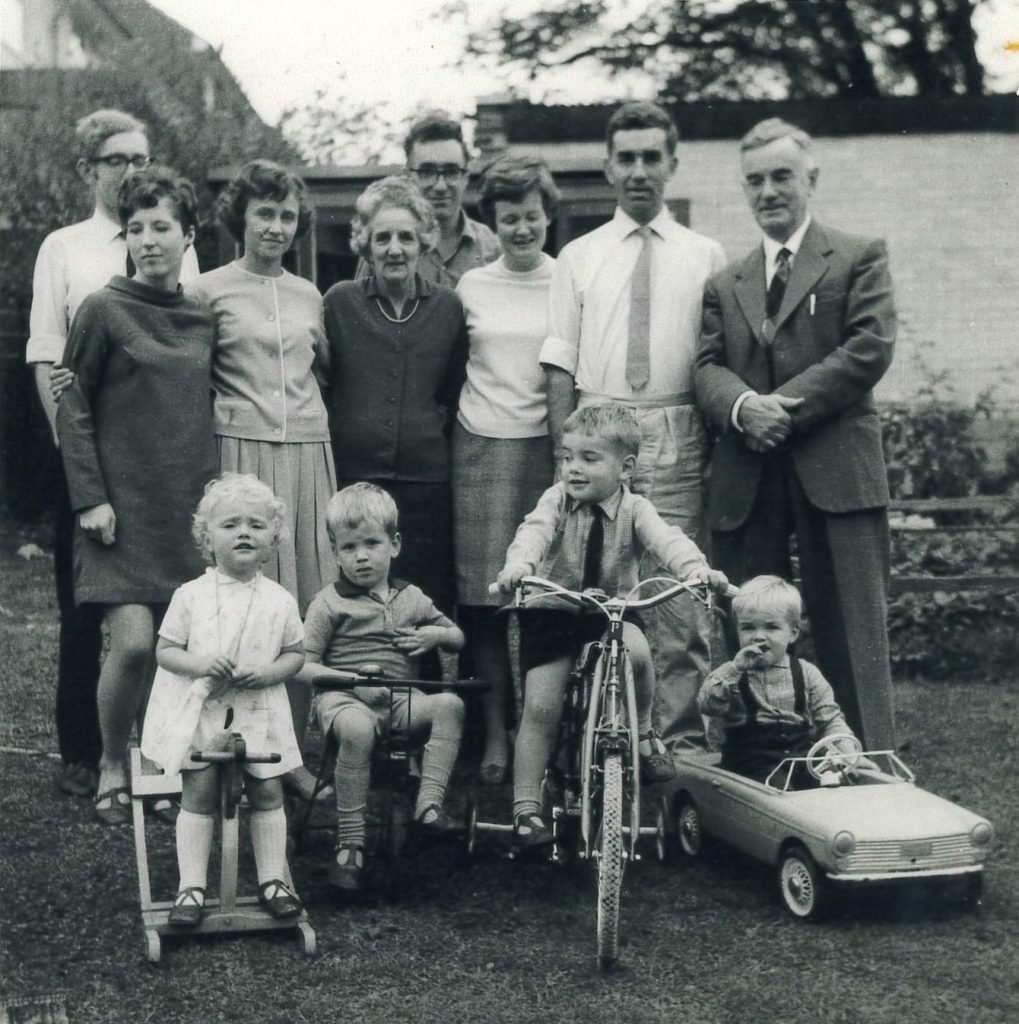Post contributed by Zachary Tumlin, Project Archivist for the Economists’ Papers Archive.
The Anthony B. Atkinson papers are now open for research as part of the Economists’ Papers Archive, a joint venture between the Rubenstein Library and the Center for the History of Political Economy. Sir Anthony Barnes Atkinson (1944-2017) was a white British academic economist who studied poverty, inequality, and the distribution of income in Britain and countries around the world. Although these subjects are much more popular today in 2023—in research, government, and society at large—they were not when he began his studies in the 1960s. As economic inequality grew, he became a leading figure on the topic, known for his theoretical and empirical research, and he is considered to be one of the founders of public economics. In recognition of his contributions to economics, he was made a Knight Bachelor in 2000, Chevalier de la Légion d’Honneur (France’s highest honor) in 2001, and considered a strong candidate for a Nobel Prize.

Before describing this collection, it is important to note that it is not the only collection of Atkinson’s papers in existence. He donated his office files to the London School of Economics (LSE) in 2014 and his records of the Rowntree-Lavers follow up surveys to the University of York in 2015 (he held a named chair at LSE from 1980-1992 and visiting professorship from 2010-2017, and the surveys were of the residents of York). Nuffield College, Oxford University also has university archive records from his tenure as warden from 1994-2005, including a backup of his university email account and office computer hard drive. This collection at Duke was donated by his wife in 2018 and contains files that were kept in their home. It totals 121 boxes/125 linear feet and 10 gigabytes, and the following is a short list of some interesting items in the collection.

One bound inventory and four pamphlets for a fictional “A. B. Atkinson Museum” in Bexleyheath, where he grew up after World War II but before becoming a boarder at Cranbrook School. The inventory lists items that a child could reasonably collect (matchbooks, postcards, labels/wrappers, currency, maps, etc.) from/representing not just Great Britain but many former territories of the British Empire, such as Nigeria and Rhodesia (now Zimbabwe), which three pamphlets are about. This awareness of British colonization can be seen in the country-based research files and a group of six working papers on top incomes in former colonies in Africa. He showed concern for the welfare of people around the world, not just British citizens, and believed that economics was a social and moral science. He also believed in the importance of quality data and rigorous analysis, making his findings understandable outside the field of economics, and using his findings as a basis for policy recommendations.

Six folders of photographic prints, both professional and personal, largely found among the varied contents of two dozen small boxes that Atkinson had labeled “Personal History.” He can be seen giving conference presentations and invited talks, posing for solo and group portraits, meeting notable public figures (such as Pope John Paul II in 1990 and Prime Minister Jonathan Major in 1996), receiving honorary doctorates (there are records for 12 and his CV lists 19), engaging in his hobby of sailing, and being a husband to Judith (born Judith Mandeville) and father to Richard, Sarah, and Charles Atkinson. Besides photos, there is a notable amount of personal correspondence with his family, including a folder of handwritten/drawn items from the children. Judith goes into great detail about their life together in a 2022 self-published memoir available online.

One bound logbook that Atkinson used to record royalties from his first two books: Poverty in Britain and the Reform of Social Security (1969) and Unequal Shares: Wealth in Britain (1972), typically by taping statements onto the pages. This practice surely proved unsustainable, as he would go on to author or coauthor 24 books and edit or coedit 17 books and reports. He also published over 350 articles and book chapters, an unknown number of book reviews and journalistic writings (in particular, for New Society magazine), and left 13 working papers at the time of his death. This collection includes 13 unpublished writings, some with evidence of having been rejected for publication or only ever presented, and six folders of journalistic writings about him or that quote him. Fittingly, his final completed book and the culmination of his life’s work, Inequality: What Can Be Done? (2015), can be seen in these records as one of his most popular works.



